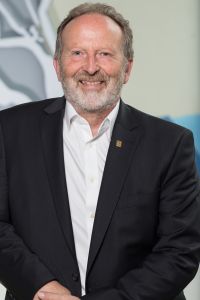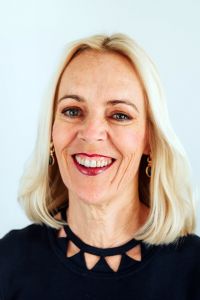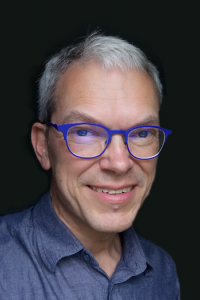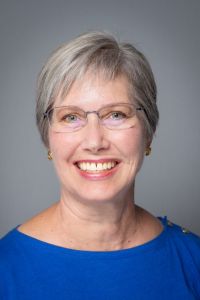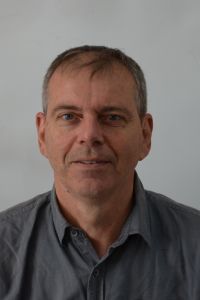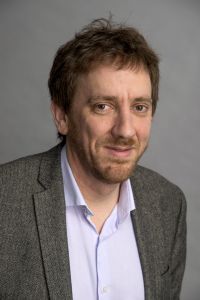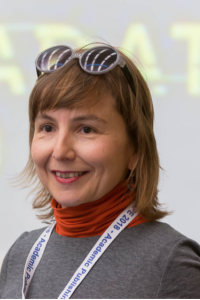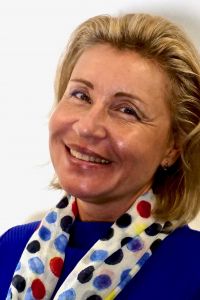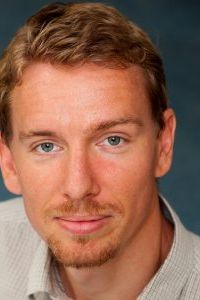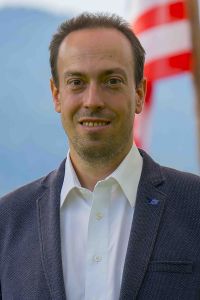Advisory Board
External Experts Advisory Board (EEAB) is a means of direct interaction with some stakeholders, extending FNS-Cloud’s expertise beyond of the consortium and, indeed, the European Union.
Members of the EEAB also help with identification of stakeholders and multipliers, offer feedback on innovation management, sustainability, and governance, and a route for introductions to potential users.

